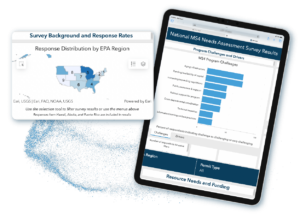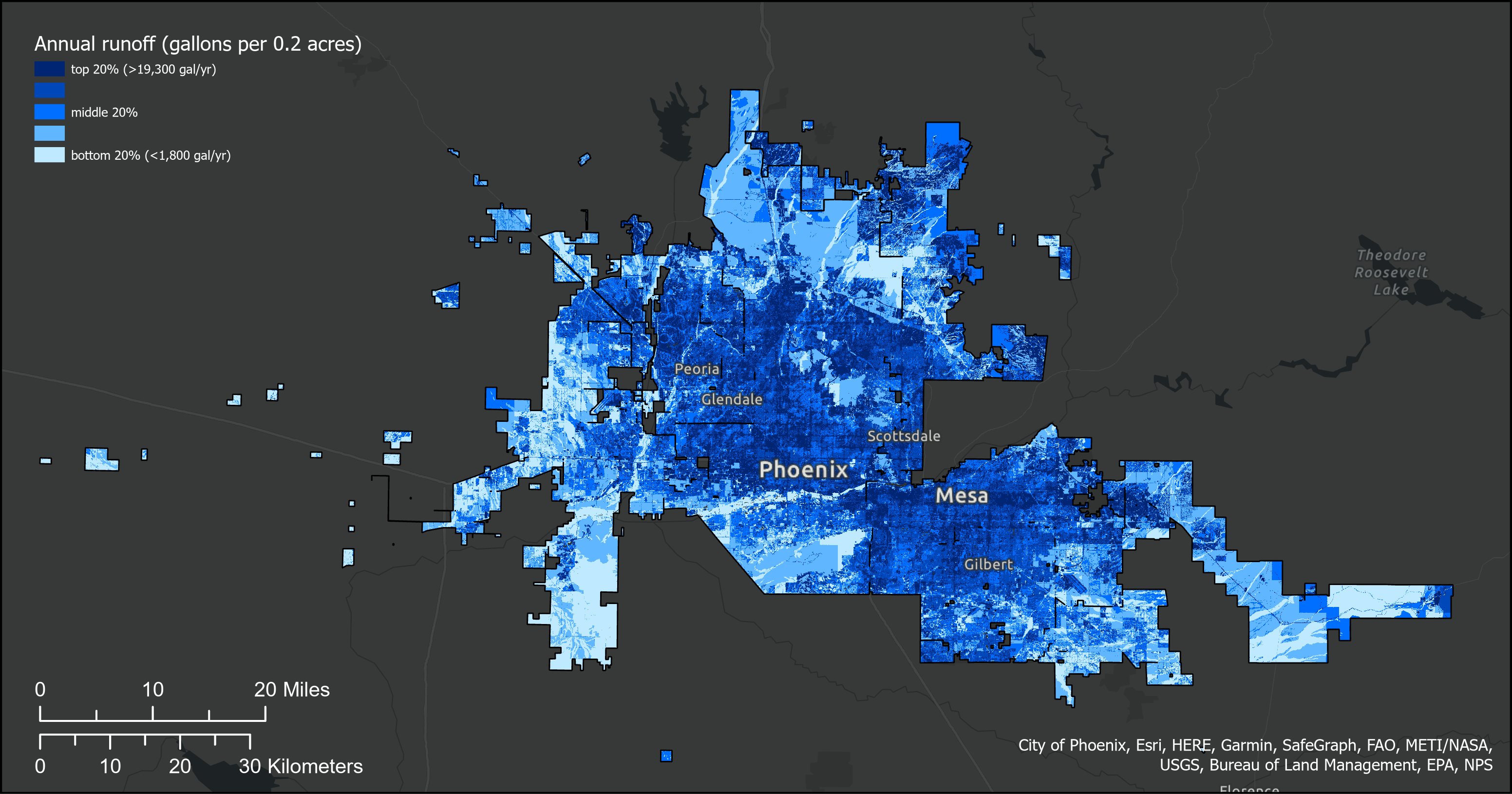The 2022 National MS4 Survey, conducted by the Water Environment Federation (WEF), has unveiled significant challenges and opportunities in MS4 management across the United States. With responses from over 700 MS4 permittees spanning 48 states and the District of Columbia, the survey provides a comprehensive snapshot of the current state of stormwater management.
Key findings reveal a persistent annual funding gap of approximately $5.8 billion, emphasizing the resource constraints faced by MS4 communities. The survey also underscores the pressing need for resilience planning, with less than 15% of respondents undertaking comprehensive climate change resilience initiatives. Additionally, it highlights the critical importance of watershed-based stormwater planning and the adoption of green infrastructure to address aging infrastructure, funding shortages, and workforce challenges.
Challenges and Opportunities in MS4 Management
Municipal stormwater programs nationwide are grappling with several significant challenges:
- Aging Infrastructure: Many MS4 communities are burdened by deteriorating stormwater systems that require substantial maintenance and upgrades.
- Funding Gaps: The estimated $5.8 billion annual funding shortfall hampers MS4 permittees’ ability to meet regulatory requirements and improve infrastructure.
- Workforce Needs: A shortage of skilled personnel exacerbates the difficulties in maintaining and improving stormwater infrastructure.
However, the survey also identifies opportunities for improvement. Adopting watershed-based planning and green infrastructure presents a pathway to more sustainable and resilient stormwater management. Furthermore, well-developed aspects of MS4 programs, such as construction inspection and public engagement, offer a foundation upon which communities can build.
The Value of GIS-Based Systems
Amid these challenges, GIS-based systems have emerged as powerful tools for MS4 communities. These systems leverage GIS technology to provide real-time insights, streamline compliance, and enhance decision-making. Here’s how GIS-based platforms can address the key challenges highlighted by the 2022 survey:
- Enhanced Data Management: GIS-based systems centralize stormwater data, making it easier for municipalities to track and report on infrastructure, maintenance needs, and compliance status. This helps bridge the data gaps identified in the survey.
- Optimized Resource Allocation: By providing detailed analytics and predictive insights, these systems enable MS4 permittees to allocate resources more efficiently, addressing funding gaps and reducing unnecessary expenditures.
- Support for Resilience Planning: With tools for scenario analysis and long-term planning, GIS-based platforms empower communities to integrate resilience into their stormwater management strategies, helping to close the gap in resilience planning efforts.
- Facilitated Collaboration: The ability to share data and collaborate with stakeholders ensures that MS4 communities can work together more effectively to meet their goals.
Explore the Interactive MS4 Survey Dashboard
For those interested in a deeper dive into the survey results, the interactive MS4 Survey Dashboard is an invaluable resource. This tool allows users to explore and compare results from the last three national MS4 surveys, providing a dynamic view of how MS4 management has evolved. By interacting with the dashboard, users can identify trends, compare data across different states and regions, and gain insights into stormwater management’s progress and ongoing challenges.
Use this INTERACTIVE DASHBOARD created by the science team at 2NDNATURE to explore the results.

Expert Insights from the National Municipal Stormwater Association (NMSA)
The National Municipal Stormwater Association (NMSA) provides valuable expert insights into the challenges and opportunities facing MS4 communities. They emphasize the importance of watershed-based stormwater planning, the adoption of green infrastructure, and the need for increased support for water infrastructure and research.
The NMSA is committed to advocating for increased resource allocation and supporting MS4 communities as they navigate the complexities of stormwater management in an era of climate change and growing regulatory demands.
Next Steps for MS4 Permittees
Based on the survey findings and expert recommendations, MS4 permittees should prioritize the following actions:
- Resilience Planning: Integrate climate change resilience into stormwater management strategies to prepare for future challenges. Here’s a blog you might find interesting.
- Adopt Green Infrastructure: Utilize green infrastructure solutions to enhance stormwater management and community resilience.
- Leverage GIS-Based Systems: Implement platforms like 2NFORM to optimize data management, resource allocation, and compliance tracking.
- Collaboration and Partnerships: Engage with stakeholders and seek opportunities for partnership to address shared challenges.
The National Municipal Stormwater Association (NMSA) and platforms like 2NFORM stand ready to support MS4 communities as they work to enhance their stormwater programs and build more resilient futures.


